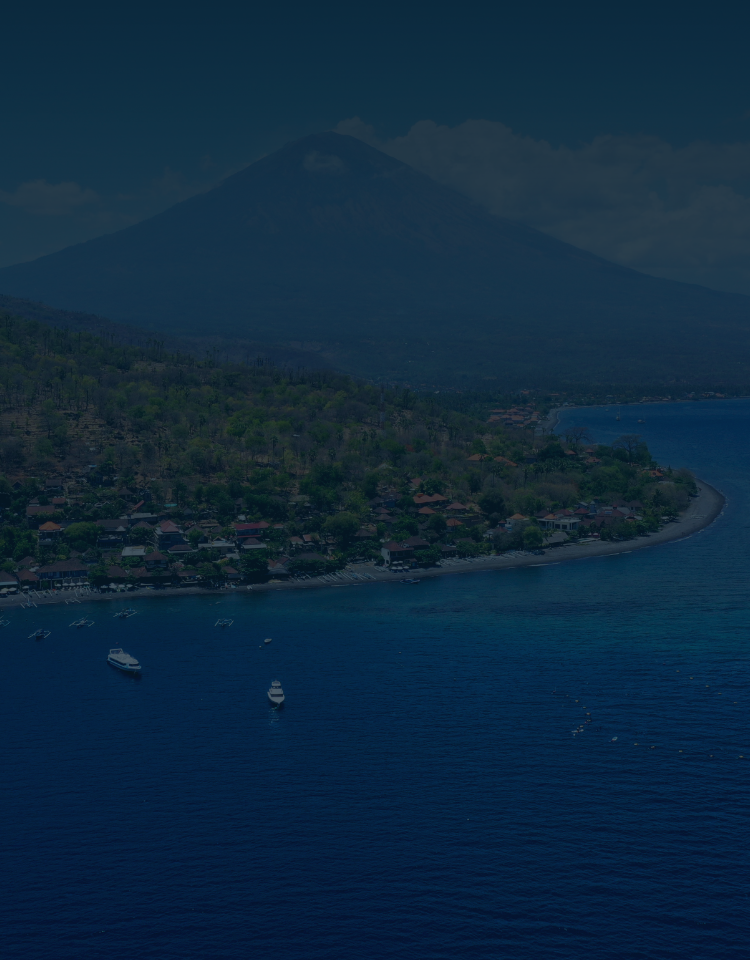Written By: William Harding, Partner and Rosanna Zitoli, Summer Student
Introduction
The recent and tragic loss of actor, singer, and cultural icon, Malcolm-Jamal Warner, has shocked the masses. As we mourn his sudden passing, it is integral to remember the importance of water safety, even when enjoying yourself during travels.
Warner is reported to have drowned when he got caught in a rip current while swimming on the Caribbean coast during his family vacation to Costa Rica. He was swimming with his 8-year-old daughter when surfers noticed them struggling. A surfer dove into the aggressive water, rescuing his daughter with his surfboard and bringing her safely back to shore. A volunteer lifeguard pulled Warner, as well as another surfer, to shore, however Warner was unable to be saved and was pronounced dead following 45 minutes of CPR efforts.
Warner’s tragic passing has occurred during National Drowning Prevention Week, which runs from July 20-26, 2025. In his honour, we should all inform ourselves on the various risks that come along with enjoying natural waters abroad, as well as the preventative measures that can be taken.
How to Prepare for a Vacation Abroad
- Pack appropriate gear to swim, such as life jackets, floating devices, goggles, etc.
- Familiarize yourself with local emergency contact information
- Research the local weather conditions in advance to be aware of any potential hazards
- Don’t just trust your tour guide – ask a local resident about the safe areas to swim
- Ask a representative where you are staying about their patrol schedule for lifeguards, designated swimming areas, and any other pertinent information
- Learn some alert words in the native-speaking language of wherever you are travelling in advance
Statistics
In 2019, it was reported that an average of 20 tourists die each year by drowning in the Costa Rican waters. The demographic of tourists are generally from the United States, Canada, and Germany. While the number of tourists who drown in other popular travel destinations is not known due to a lack of reporting, it is likely similar, as the beaches in Costa Rica are no more dangerous than others.
Safety Tips
- Recognize the warning flags on beaches – “red” means do NOT swim
- Do not swim at any beaches or pools that do not have lifeguard coverage
- Understand how to adjust when a current becomes more aggressive
- Relax and float – do not try to fight the current
- Swim parallel to the shore until you break free and then head back in slowly
- Do not swim when you have consumed alcohol
- Do not swim when it is dark outside
- Do not swim alone. Always bring a friend or stay near someone you know is a strong swimmer.
In Remembrance & Key Takeaways
The untimely passing of Malcolm-Jamal Warner serves as a somber reminder that water safety should never be taken for granted, no matter how experienced or confident we may feel. When travelling abroad, remaining informed informed and prepared can make the grave difference between life and death.
We must take drowning prevention seriously, not just during this week, but every time we enter the water, especially when travelling abroad. Awareness, preparation, and caution are simple yet powerful tools that can help ensure every vacation ends with safe and happy memories.





